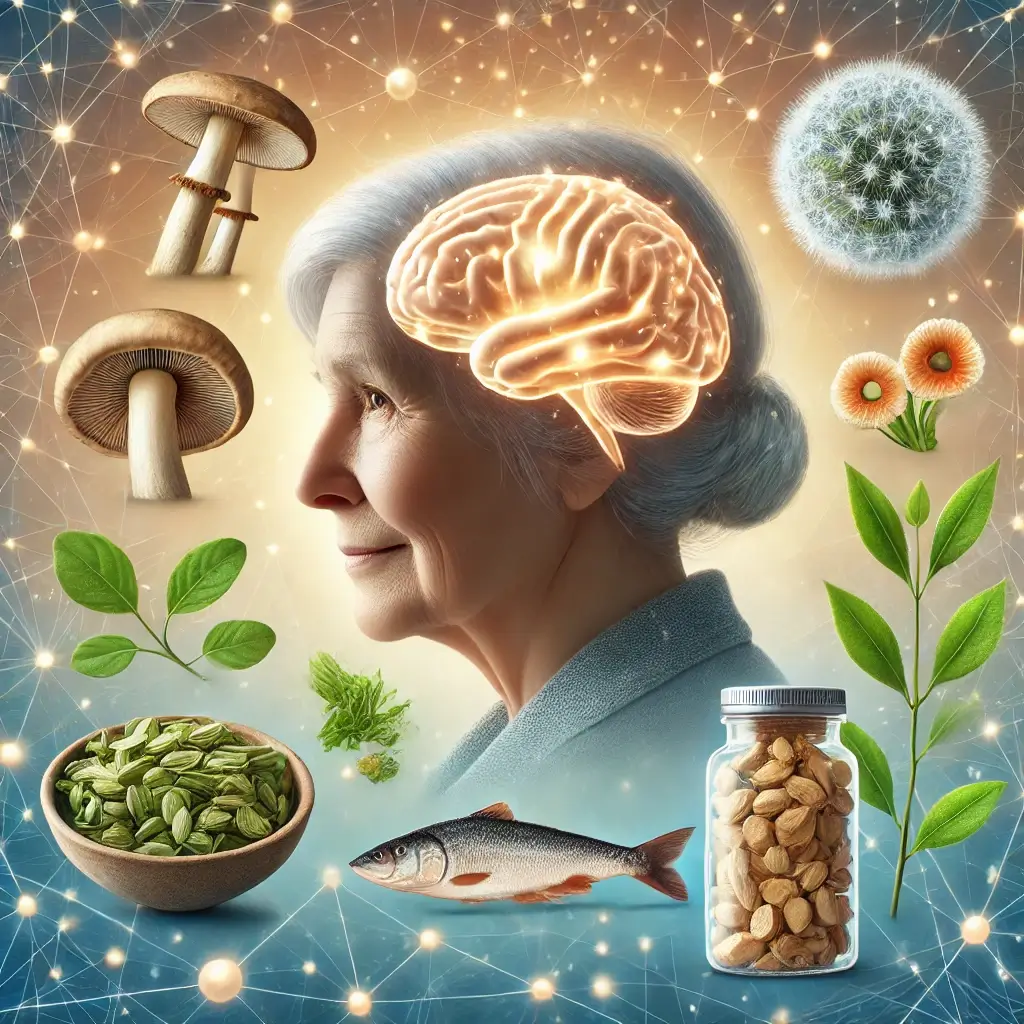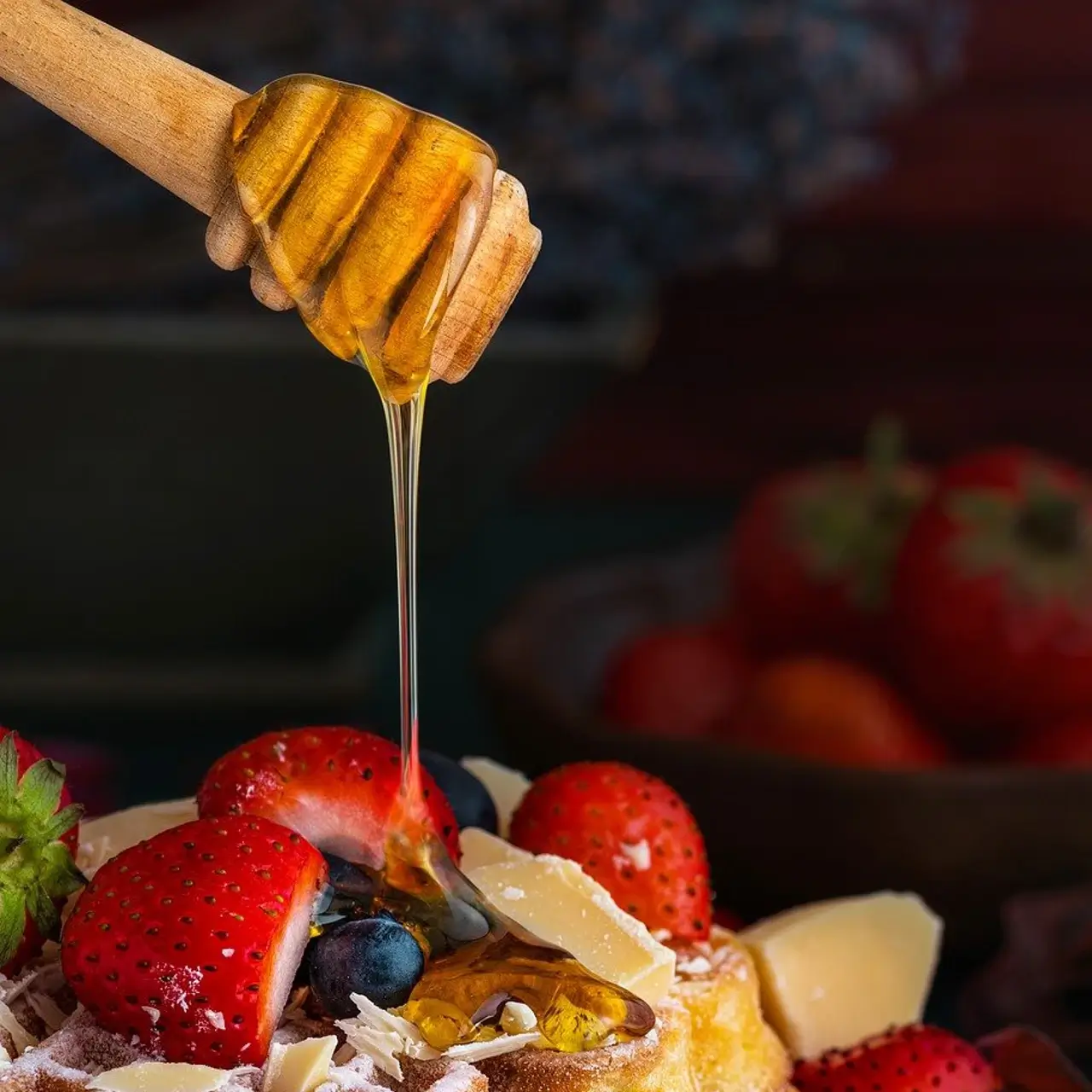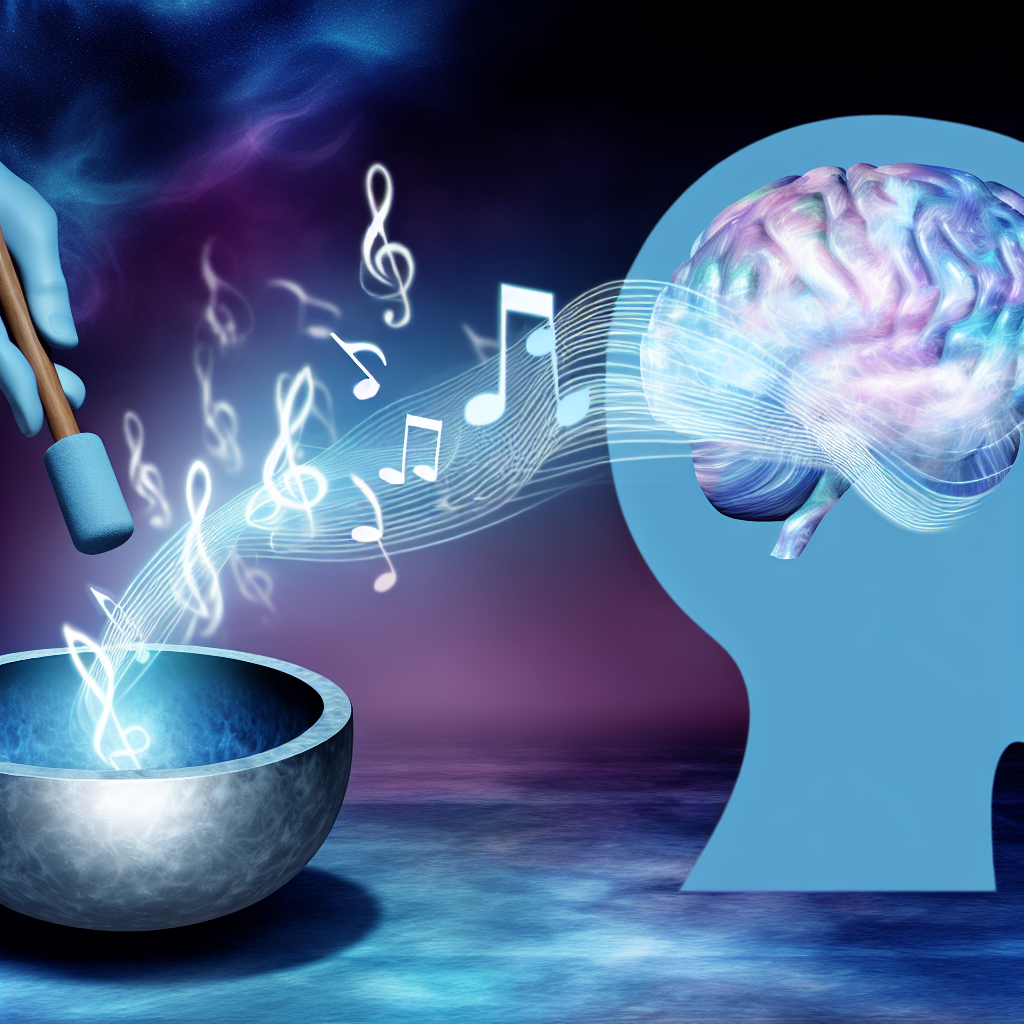The Growing Challenge of Cognitive Decline in an Aging Population
As the global population continues to age, the prevention of cognitive decline has become a critical area of focus for healthcare providers and researchers alike. By 2050, it is estimated that the number of individuals aged 65 and older will surpass 1.5 billion worldwide (United Nations, 2022). Cognitive decline—manifesting as memory loss, reduced attention, and slower processing speeds—impairs quality of life, reduces independence, and increases the burden on caregivers. To address this growing challenge, safe and effective interventions are urgently needed.
Natural Nootropics: A Promising Solution for Cognitive Enhancement
Natural nootropics, also known as cognitive enhancers, have emerged as a promising solution. These compounds, often derived from plants and natural nutrients, improve cognitive performance, protect neural pathways, and support brain plasticity without the adverse effects often seen in pharmaceuticals. Botanicals such as Bacopa monnieri, Lion’s Mane mushroom (Hericium erinaceus), and Gotu Kola (Centella asiatica) have been used for centuries in traditional medicine. Modern scientific research now provides compelling evidence of their mechanisms and efficacy in preventing age-related cognitive decline.
Understanding the Root Causes of Cognitive Aging
Factors such as oxidative stress, chronic inflammation, neurotransmitter imbalances, and reduced cerebral circulation are central to cognitive aging. By targeting these root causes, natural nootropics not only alleviate symptoms but also delay the progression of cognitive impairment. This article explores the benefits of natural nootropics for seniors, supported by recent medical research and clinical findings.
Bacopa monnieri: A Powerful Memory Enhancer
Bacopa, a staple in Ayurvedic medicine, is well-documented for its ability to enhance memory and cognitive performance. The active compounds, known as bacosides, possess antioxidant properties that protect brain cells from oxidative stress. A randomized controlled trial (RCT) published in the Journal of Cognitive Enhancement demonstrated significant improvements in memory retention and processing speed among elderly participants who took 300 mg of Bacopa daily for 12 weeks (Thompson et al., 2023). Additionally, the study noted reduced symptoms of anxiety and improved overall mental well-being.
Lion’s Mane Mushroom: Stimulating Neural Growth and Regeneration
Lion’s Mane mushroom is a natural nootropic known for stimulating Nerve Growth Factor (NGF), a protein critical for nerve cell survival and regeneration. A 2022 study published in Frontiers in Aging Neuroscience revealed that seniors supplementing with 1000 mg of Lion’s Mane daily exhibited significant improvements in cognitive function, particularly in verbal learning and mental clarity (Lee et al., 2022). The study attributed these effects to Lion’s Mane’s role in promoting neurogenesis and reducing neuroinflammation.
Gotu Kola: Enhancing Cerebral Blood Flow and Memory
Gotu Kola has long been valued for its ability to enhance cerebral blood flow, reduce anxiety, and support memory. Research has shown that Gotu Kola’s triterpenoids improve neuroplasticity and protect against neurodegenerative processes. A systematic review published in Phytotherapy Research confirmed that Gotu Kola supplementation improved cognitive performance and reduced anxiety levels among seniors with mild cognitive decline (Wilson et al., 2021). The herb’s vasodilatory effects also enhance oxygen and nutrient delivery to brain tissues, supporting overall brain health.
Essential Supporting Nutrients for Cognitive Health
Natural nootropics are often most effective when combined with essential nutrients. DHA supports brain cell structure and function. Clinical studies have shown that seniors consuming 1000-2000 mg of DHA daily experience reduced cognitive decline (Anderson et al., 2023). Phosphatidylserine (PS) is a phospholipid that enhances cell membrane fluidity and neurotransmitter activity. Supplementation of 100-300 mg daily has been linked to improved memory and learning capacity.
Clinical Implementation of Natural Nootropics
For healthcare practitioners, incorporating natural nootropics into treatment strategies requires a personalized approach. Cognitive assessments, mood evaluations, and lifestyle factors must be considered when designing protocols.
Foundation Protocol for Cognitive Enhancement
Daily supplementation with Bacopa, Lion’s Mane, and Gotu Kola. Inclusion of essential nutrients like DHA and Phosphatidylserine. Dietary recommendations focusing on antioxidant-rich foods (e.g., berries, leafy greens).
Monitoring and Assessment Strategies
Regular cognitive assessments including memory tests and processing speed evaluations. Monitoring emotional well-being and sleep patterns, which are closely tied to cognitive function.
Lifestyle Integration for Optimal Results
Encouraging mental stimulation through memory exercises and brain-training programs. Promoting physical exercise and social engagement, both proven to support brain health.
Future Directions in Natural Cognitive Enhancement
The prevention of cognitive decline in seniors demands a holistic and evidence-based approach. Natural nootropics such as Bacopa monnieri, Lion’s Mane mushroom, and Gotu Kola offer safe, effective solutions that address the underlying causes of cognitive aging. Supported by robust clinical research, these botanicals improve memory, enhance neuroplasticity, and protect brain health. When combined with essential nutrients and lifestyle modifications, natural nootropics empower seniors to maintain cognitive resilience, independence, and a higher quality of life.
Concluding Thoughts on Natural Nootropics Research
As research continues to expand, the integration of traditional wisdom with modern science will likely further refine the role of natural nootropics in senior care. By adopting these strategies, healthcare practitioners and caregivers can play a pivotal role in supporting brain health and fostering healthier aging.





